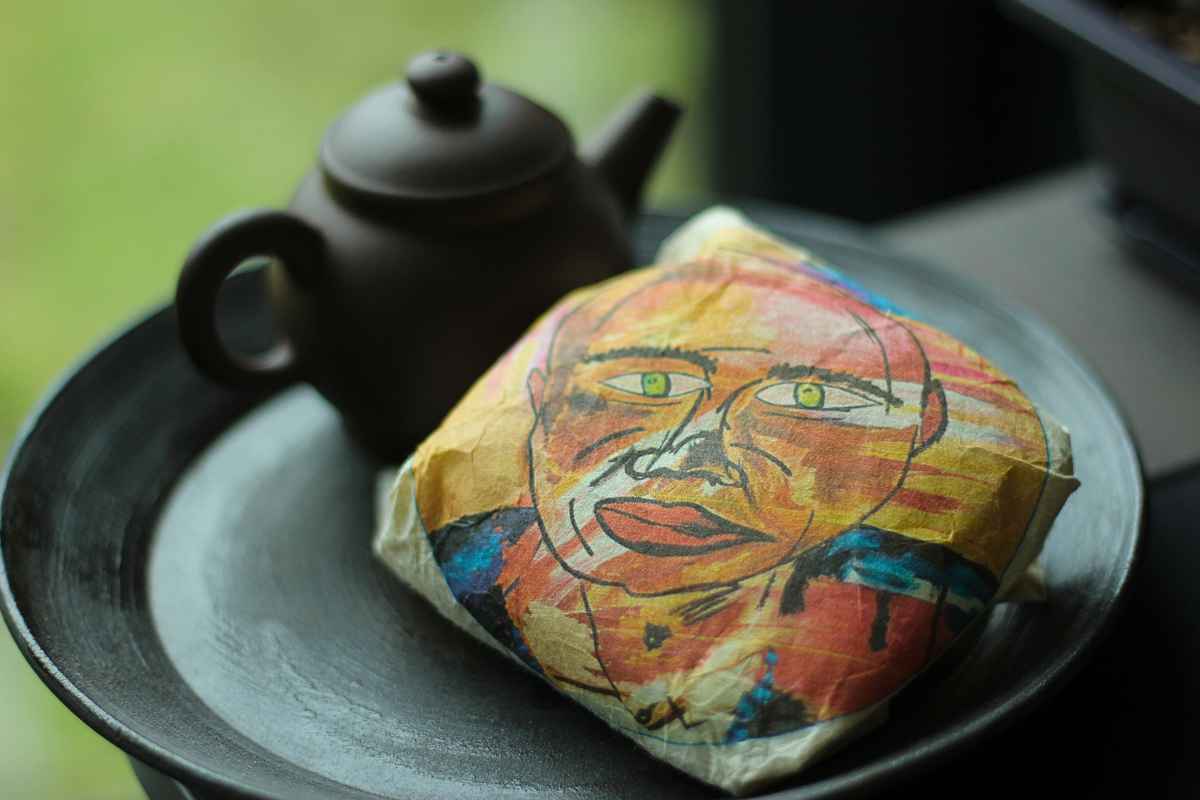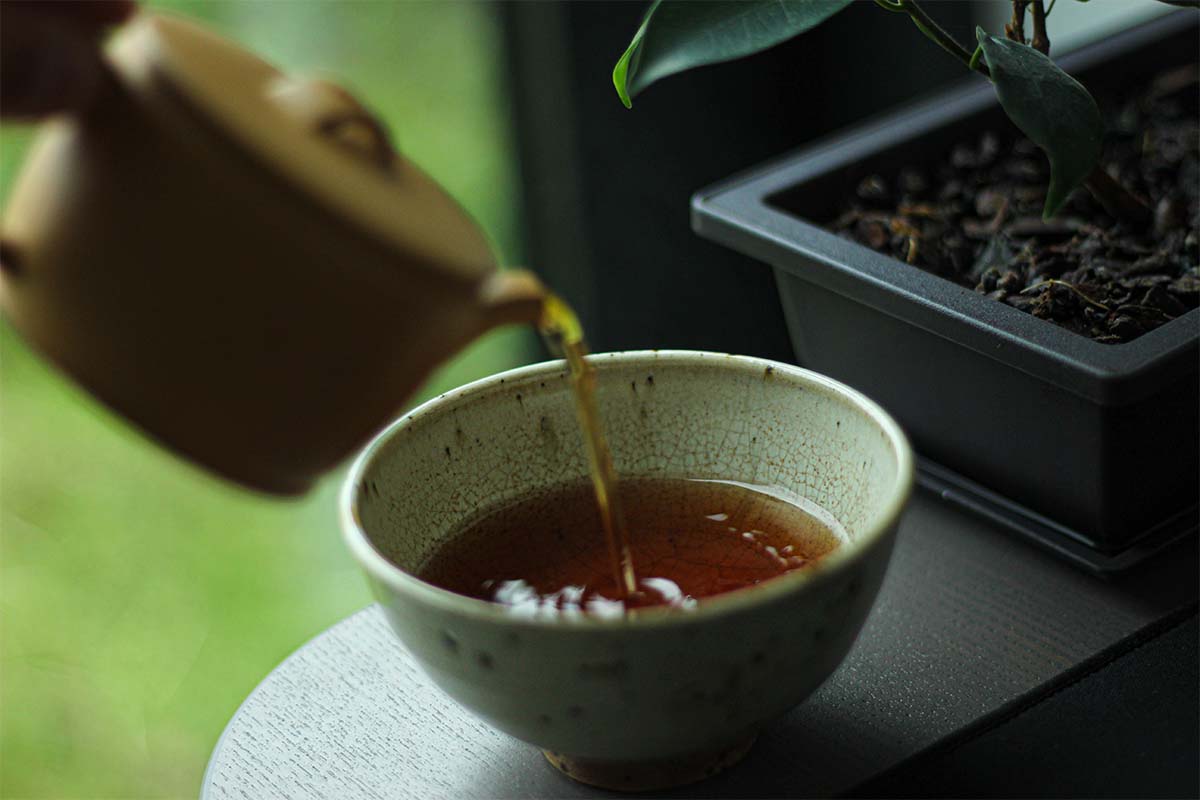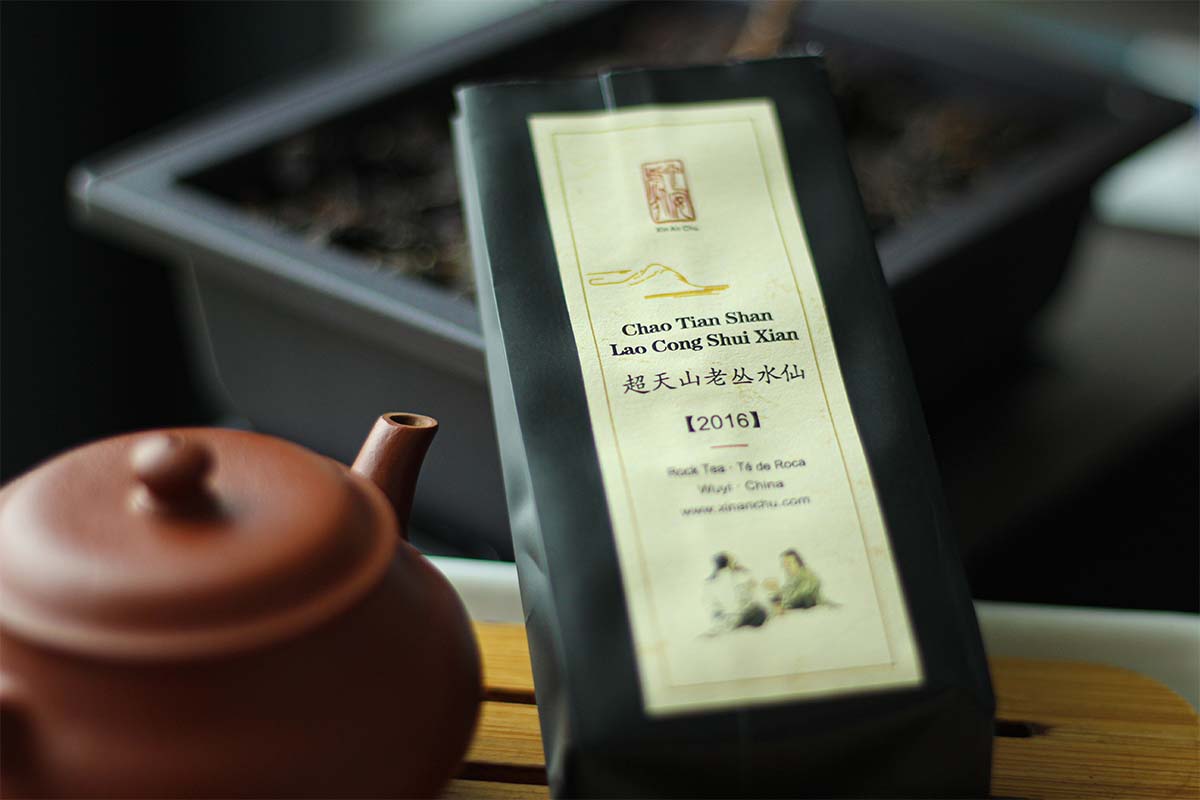In the past, Liu Bao was mainly drunk for its medicinal properties and various health benefits. It’s becoming more popular because people started enjoying this subtype of tea for its typical flavor profile. This article discusses the Liu Bao flavor profile and answers the question of what Liu Bao tastes like.
Traditionally, Liu Bao tastes like betel nut. It should be slightly fruity with a sweet aftertaste and faint hints of wood in combination with a slight bitterness. Most modern Liu Bao has characteristics of wet forest, damp earth, and might even have medicinal notes to it.
Where does the Liu Bao flavor profile come from?
Liu Bao tea is a fermented type of tea because it goes through artificial fermentation during production. This is why it’s classified as dark tea and why it has a typical flavor profile that you can immediately distinguish from non-fermented teas like green tea or white tea.
During fermentation, tea leaves are piled and sprayed with water in a hot and humid environment. This leads to an interesting combination of flavors when you brew a cup. This fermentation process gives the leaves a cooked flavor that is similar to shou pu-erh.

Don’t know where to buy tea online? I made a list of over 300 online tea shops and I keep updating it regularly. You can check it over here
Keep in mind that this cooked flavor is not entirely the same because Liu Bao tea is made with tea leaves from Guangxi, while shou pu-erh is made with raw material from Yunnan province. The fermentation process is the most important step in the production process that gives the tea its distinct flavors. Storage is another factor that affects the flavor profile of the tea you’re brewing.
Traditional Liu Bao taste
Traditionally, Liu Bao is known for its betel nut characteristics. The flavor profile is described to be similar to dried seeds of the areca palm. Betel nut is the seed of the areca palm and has been used in Chinese culture and medicine for a long time.
It’s said that all Liu Bao is supposed to have this betel nut flavor. It should be slightly fruity with a sweet aftertaste and faint hints of wood in combination with a slight bitterness. However, this is only in theory because there is much more Liu Bao available that has a different flavor profile.
If you’re lucky and it has some ‘golden flower’ (Eurotium Cristatum), which is a healthy form of mold, the tea might be a lot sweeter. Some Liu Bao is stored in certain conditions because Liu Bao that has this yellow mold is usually seen as more valuable and even healthier.
Forest flavors in Liu Bao
Some Liu Bao has flavors that instantly remind you of a forest. It’s usually a combination of different elements, but the general flavor profile feels as if comes straight out of the forest.
A general description of these flavors is mossy, woody, forest undergrowth, and wet leaves. Some older Liu bao might even have traces of camphor to it.
Earthy flavor profile of Liu Bao
If your Liu Bao doesn’t taste like betel nut and there are no notes of the forest present, it’s highly likely that your Liu Bao has an earthy flavor profile.
If you brew a cup of an earthy Liu Bao, chances are high that you’ll encounter notes of damp earth, wet caves, and maybe even some mossy flavors.
Other flavors in Liu Bao
Some Liu Bao has flavor characteristics that don’t really fit in the forest or earth categories. It’s possible that your Liu Bao reminds you of red wine, that it has medicinal notes to it, and that you’re getting some hints of pinewood smoke.
Traditionally, Liu Bao was fired using pinewood so that might explain why you’re experiencing this when brewing a cup. It’s definitely not always the case as some producers might choose to fire the leaves in a different way that is more cost-effective.




